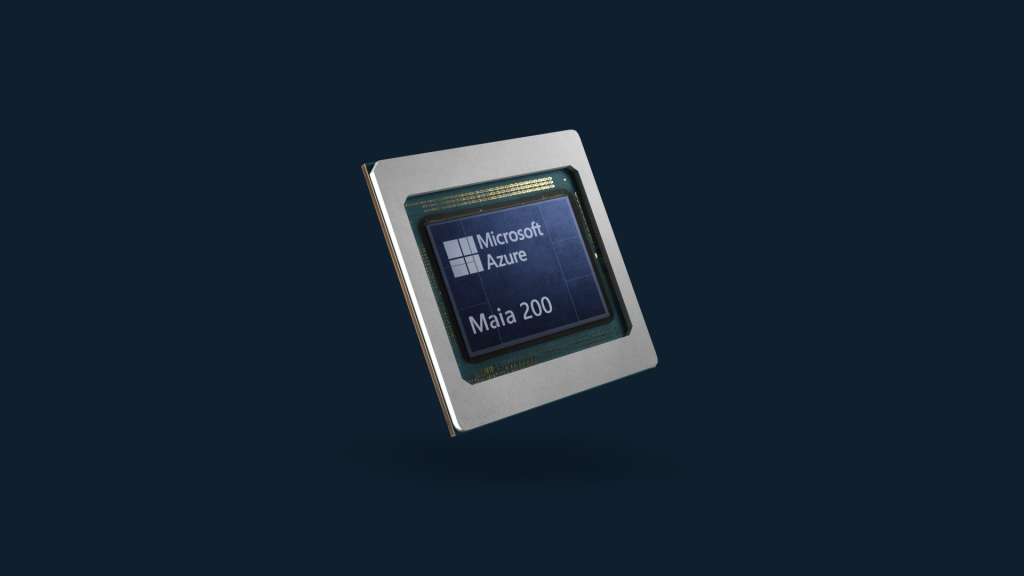When Nokia (NOK 9.60%) CEO Stephen Elop announced plans to introduce a high-end Windows-based smartphone earlier this year, he was as excited about partnering with Microsoft (MSFT 12.11%) and its Windows OS as he was about his new phone. Microsoft's promise to help with marketing and development costs was only part of Elop's giddiness. Joining the crowded, ultra-competitive smartphone market with something new -- something different from Apple's (AAPL 0.48%) iOS offerings, or Google's (GOOG 1.58%) wildly popular Android OS -- was all part of Nokia's master plan.
Elop knew that Microsoft had no intention of keeping Windows 8 exclusive to Nokia; that's not the way the mobile world works. (Just think of Android running on numerous phones from multiple manufacturers.) For Microsoft to move up from its paltry 2 .4% OS market share in Q3 (as per Gartner Research), Nokia is only part of the solution.
Microsoft courting HTC
As often as Microsoft CEO Steve Ballmer meets with HTC CEO Peter Chou, you'd think it had its U.S. headquarters right down the street from Ballmer's office in Redmond, WA. As it happens, he does: Chou calls Bellevue, WA home when he's in the states -- a short jaunt from Microsoft's Redmond, Washington HQ.
HTC brings to Microsoft many of the same possibilities that it's beginning to realize with the Nokia partnership. HTC wants what Microsoft has -- an alternative to its Android-heavy phone line up -- and Microsoft needs as many vendors as possible to make a dent in the iOS and Android OS domination.
Hey, what about me?
For Nokia fans, Ballmer's love of all things HTC might seem to be a slight. As noted in previous articles, Nokia is most definitely on a roll, so why all the attention elsewhere? With strong initial sales in China, and, now, news of Nokia's partner in the Far East, China Mobile, willing to subsidize its 920T offering to the point of almost giving it away, Ballmer should be in Finland buying Elop several, really expensive lunches.
Yet, it's Chou who seems to be getting Ballmer's undivided attention. But it makes sense, really. Consider this: HTC is just now introducing its Windows 8 smartphone alternatives, releasing its initial product in November. Just like Nokia, HTC and Microsoft started with a bang, too, with HTC's November smartphone sales jumping 23% from the prior month.
Nokia, at this stage of its Microsoft plan to bring Apple and Google down a notch or three, doesn't require the handholding that relative newcomer HTC does. Also, with 700 million smartphones sold annually , and growing, there are plenty of opportunities for manufacturers, like Nokia and HTC, to differentiate their products, even using the same OS. Nokia's maps, its recently reworked high res camera, and sturdy design, are a few examples of how smartphone makers can stay unique, no matter the OS.
If additional proof were needed that Nokia and Microsoft's relationship is solid, in spite of latecomers like HTC, Nokia's plans to release a Windows 8 tablet early next year should ease any discomfort. Nokia's new tablet, when it comes to pass, is right on schedule, by the way. It was about six months ago when Elop first mentioned a Windows 8 tablet would be coming around Q1 of 2013. Sounds like Nokia's right on schedule.
If anything, the success Nokia is enjoying of late will endear it even more to Microsoft; nothing ensures a strong business relationship more than profits. So go ahead Ballmer, let the rookies get some playing time; we know it's Nokia that'll be on the field when it matters.









